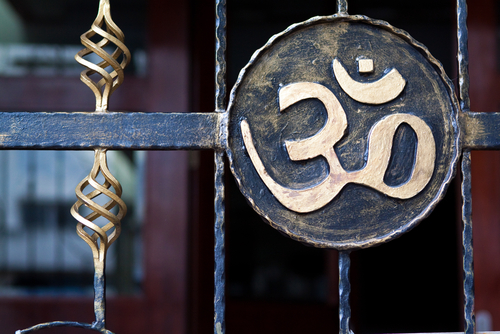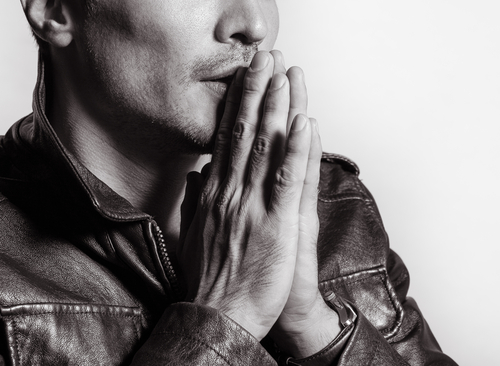What is Spiritual Development?
How do you define spiritual development? It is growth. It is an evolutionary process during which you realize your true nature, which is that of a spiritual (energetic) being who is having a physical experience – an energetic being that is part of and inseparable from universal consciousness (God). Spiritual development is unique to the individual. Some people like to use formal, structured practices while others prefer to “let spirit guide them” as to what to do next.-
Preparation: becoming open to the idea of enlightenment
-
Prayer/meditation: learning how to communicate with God
-
Gratitude: wholehearted gratitude for what is
-
Practice: practice what you learn; it’s not enough to talk about it, you must live it (embody it)
1. Preparation: not everyone starts on a spiritual path at the same time. Some begin quite early in life, while others have to do a lot of living before they start. Some enter into it because of parental influence while others may have a traumatic event that sparks their need for spiritual help and connection (such as divorce, death of a loved one, etc.). Some progress quickly while others struggle and get stuck. It’s important to never, ever compare your own progress with another person’s and to never, ever be hard on yourself because you feel like you’re stuck and aren’t making any progress. It’s like that with anything you learn: when you learned to read, for instance, it wasn’t a seamless process. You got hung up on pronunciation, vocabulary and sentence structure and it took time to process what you learned before you could understand. The preparation phase simply means becoming open to the journey, and allowing it to proceed at its own pace – as they say, “When the student is ready, the teacher will appear” because there are concepts that you will simply not understand until you are ready to understand them.
2. Prayer/meditation: stillness
is the nature of God, and to realize that you are part of this divine
stillness, you have to practice it. You are a human being, not a human
doing. We love to do, do and do some more, but in your spiritual
practice, you must learn to just be. It is only during these moments of
pure stillness that you realize that without doing, you still exist; and
it is during these moments that you feel the oneness of All That Is.
3. Gratitude: this is arguably the most
powerful spiritual practice. When you can put your ego aside and be
grateful for the stupid things you’ve done, for the struggles you
insisted were not your fault, for the failed relationships and messed up
attempts, then you realize just how powerful you really are – as part
of the universal consciousness, which is pure creative energy, you have
way, way more control over your life than you believe. Gratitude also
helps you see life as a series of miracles rather than a series of
mishaps, and it helps you perceive yourself as a spiritual being instead
of just a physical being with worldly problems.
4. Practice: you may have heard stories of
people who fervently pray on Sundays and act like there is no God the
rest of the week. That is not a spiritual path. A spiritual path is one
on which you come to the realization that every action matters; for that
matter, every thought, every emotion, every idea and every decision
matters. You become more aware of their consequences; their impact on
others; and you begin acting with more awareness, compassion and purpose
than before.
Whichever path you choose, it is right for you. A spiritual
journey never ends, and it is a beautiful unfolding of your true
nature.
Source: http://www.silvamethodlife.com/spiritual-development-2/


Tidak ada komentar:
Posting Komentar